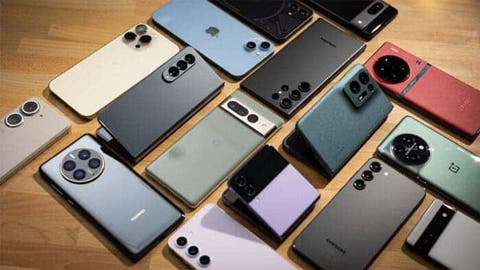In the U.S., consumer rights groups are urging the Federal Trade Commission (FTC) to address a serious problem: companies making devices unusable through software updates. This practice forces customers to buy new products or pay hidden fees to keep their current ones working. The frustration stems from devices becoming obsolete not because of hardware failure, but because manufacturers stop supporting them with essential updates.
Consumer Rights Groups Urge FTC to Act on Forced Obsolescence
Why Devices Fail Early
Many tech gadgets stop working well before they should. This usually happens not because they break physically but because manufacturers halt software updates or charge for services that used to be free. Consumers end up with expensive gadgets that quickly become outdated or unusable. Advocates believe that devices should continue to work well after purchase, even if manufacturers stop offering updates.
Calls for Change
The push for reform grew after activists sent a letter to the FTC, detailing how software updates—or lack thereof—can render once-working devices useless. For example, Google and Levi’s made a high-tech denim jacket that controls Android devices via an app. When the app is discontinued in 2023, the jacket will no longer work.
Another case is Spotify’s “Car Thing,” designed to enhance in-car music streaming. Despite its initial success, it became obsolete just two years after launch when Spotify stopped supporting it. Customers didn’t get refunds or alternatives, leaving them with a non-functional device. These cases show how quickly companies can abandon products, shifting the financial burden to consumers.
Who’s Leading the Effort?
Several major organizations are calling for change, including Consumer Reports, the Electronic Frontier Foundation (EFF), iFixit (a tech repair company), and the Software Freedom Conservancy. They want better consumer protections and more accountability from manufacturers.
Environmental groups are also involved, highlighting that these practices not only harm consumers but also contribute to electronic waste. Unsupported devices often end up in landfills, worsening environmental problems. Longer-lasting devices could benefit both consumers and the planet.
What Activists Want
The letter to the FTC requests new regulations to prevent companies from using software updates to shorten product lifespans. This practice, called “software addiction,” forces consumers to rely on ongoing support to keep their devices functional. When that support is withdrawn, the device becomes obsolete, even if the hardware is still in good shape.
Activists want the FTC to set clear rules that stop manufacturers from making a product less functional after purchase. They believe that once a consumer buys a device, it should continue to work as long as the hardware does. Without extra fees or mandatory updates. Companies should not charge additional costs after the initial purchase. Which traps consumers into paying more to keep their devices working.
Impact on Consumers
If the FTC takes action, it could change how tech companies handle their products. Devices that would otherwise become obsolete due to discontinued software support might keep working for years. This would mean longer-lasting gadgets, fewer hidden costs, and less pressure to constantly upgrade.
For consumers, this could mean avoiding unexpected fees and extending the life of their devices. Imagine a world where your smartphone or smart home device continues to work even after the company stops sending updates. The goal is simple: if the hardware still works, so should the product.
Looking Ahead
As this movement gains traction, the focus is on how the FTC will respond. A positive ruling could lead to big changes in the tech industry. Ensuring consumers get more value from their purchases and aren’t left with useless devices due to software issues. This could affect a wide range of products, from smartphones to smart home devices and fitness trackers.
In a world where technology is crucial to daily life, consumers deserve devices that last and provide ongoing value. The hope is that the FTC will step in to protect consumers from unfair practices. Making forced obsolescence and surprise fees a thing of the past. If successful, this effort could lead to fairer, more durable products, benefiting consumers, the environment, and the market overall.
